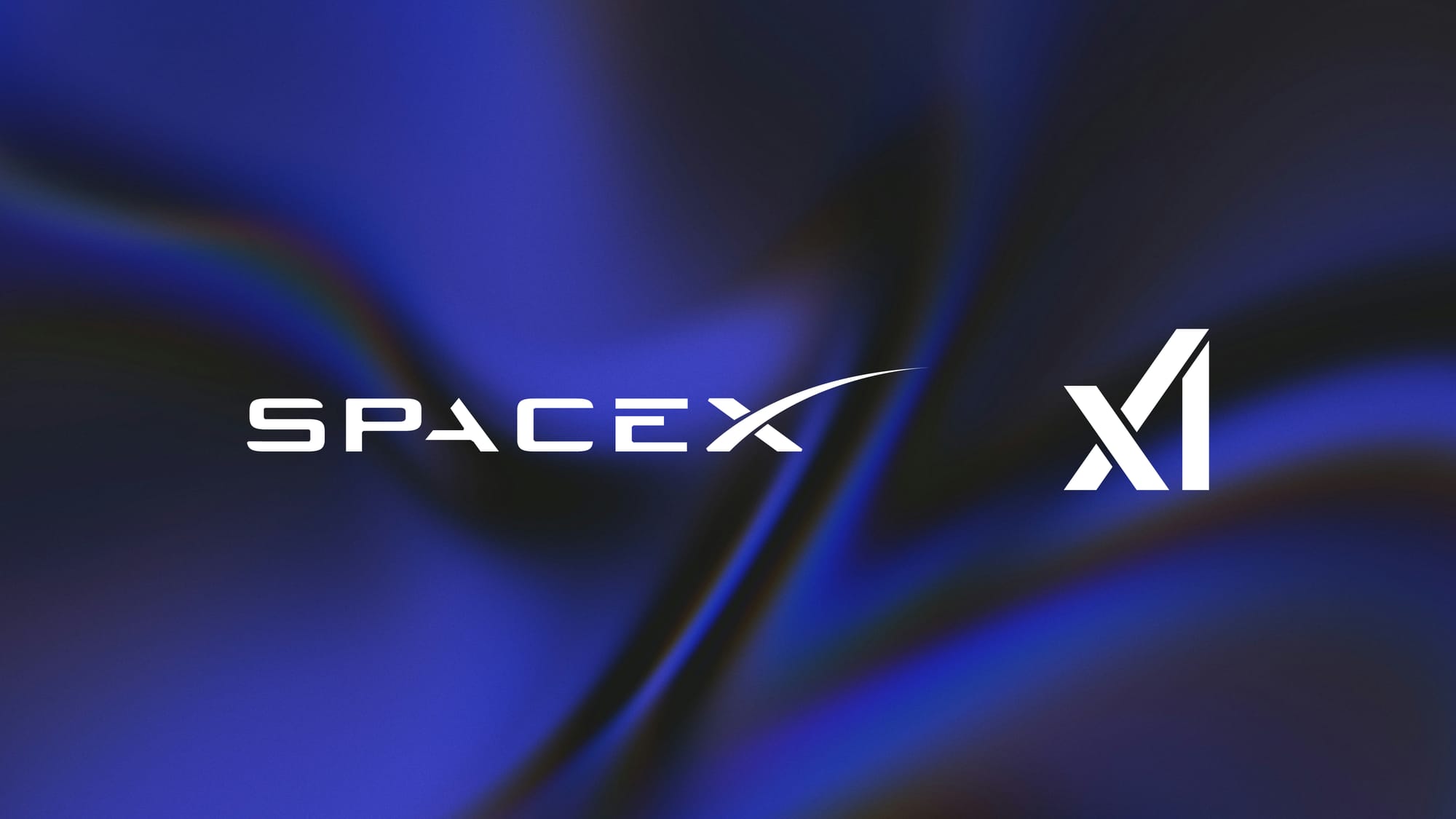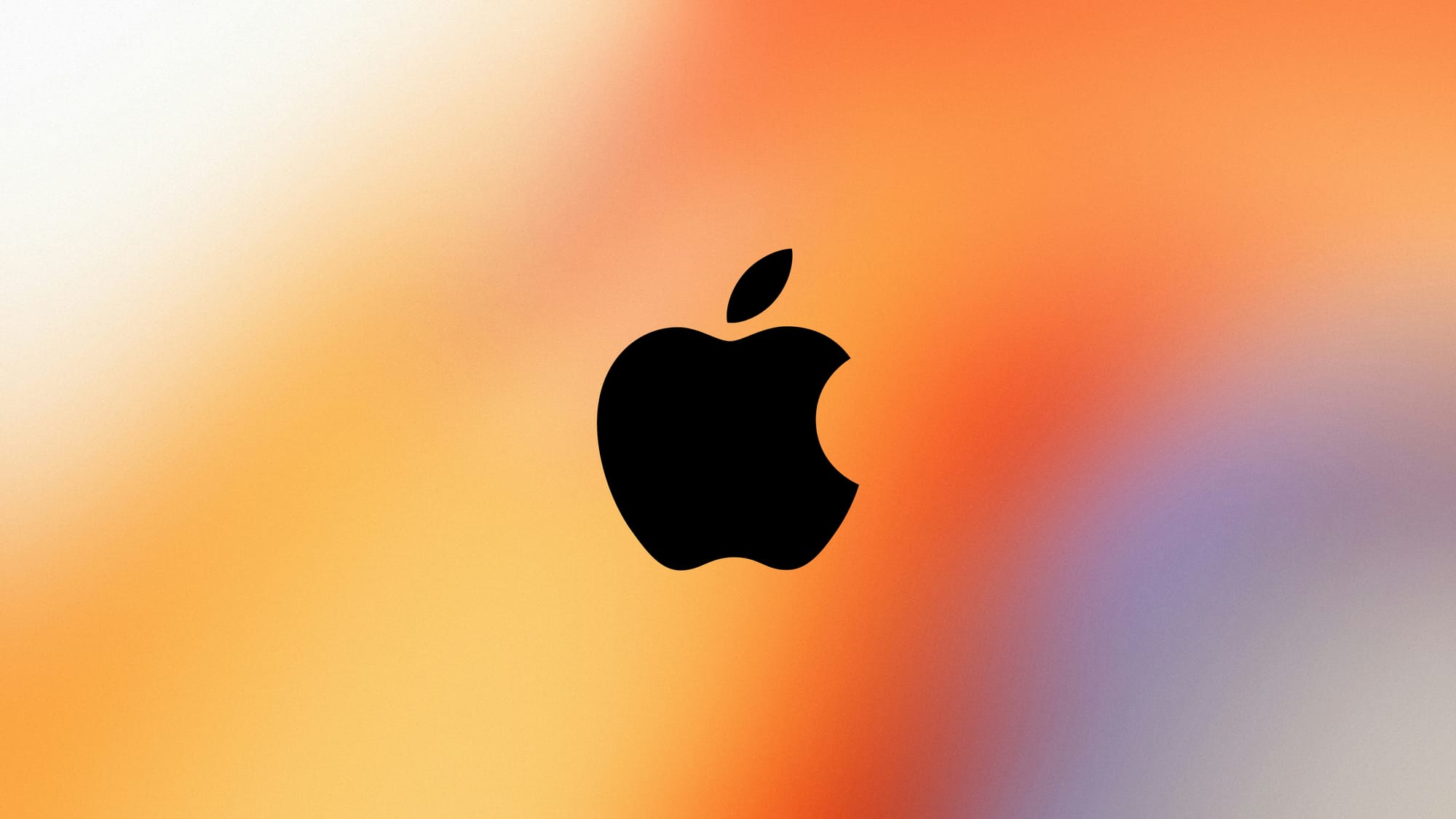The buy-now, pay-later industry just got its defining moment. Klarna's highly anticipated initial public offering on September 10, 2025, delivered exactly what Wall Street hoped for—a spectacular 30% pop on debut that valued the Swedish fintech giant at nearly $20 billion. But behind the celebratory bell-ringing at the New York Stock Exchange lies a remarkable comeback story that perfectly captures both the volatility and resilience of modern fintech.
The Rollercoaster Valuation Journey
Klarna's path to public markets reads like a masterclass in startup survival. At its peak in 2021, during the pandemic-fueled e-commerce boom, the company commanded a staggering $45.6 billion valuation. Then came the reality check. Rising interest rates, inflation concerns, and cooling investor sentiment sent Klarna's private market value plummeting to just $6.7 billion by 2022—an 85% decline that would have crushed lesser companies.
"To me, it really just is a milestone. It's a little like a wedding... You dream about it and plan for it and it's a big party. But in the end—life goes on," CEO Sebastian Siemiatkowski told CNBC with characteristic Swedish understatement. That perspective proved prescient as Klarna rebuilt its business fundamentals rather than chasing inflated valuations.
Strategic Pivot Beyond BNPL
What makes Klarna's IPO particularly compelling isn't just the numbers—it's the strategic evolution. The company that pioneered the "pay-in-4" model, allowing customers to split purchases into four payments over six weeks, has been quietly transforming into a comprehensive financial services provider. Recent expansions into debit cards, personal deposit accounts, and traditional banking services signal Klarna's ambition to compete directly with established financial institutions.
This diversification strategy addresses a critical investor concern about BNPL sustainability. With 111 million active users globally and $105 billion in processed transactions last year, Klarna has demonstrated that its core model is effective. Now it's betting that expanding beyond point-of-sale financing will drive long-term profitability.
Market Timing and Competitive Positioning
The IPO's success reflects broader market dynamics favoring fintech once again. As Matthew Kennedy from Renaissance Capital noted, "The VC-backed tech sector has been expanding with numerous unicorns that are now prepared for public offerings... investors are at last willing to meet valuations that VC-backed tech firms find acceptable". The Renaissance IPO ETF hit a three-year high following Klarna's debut, suggesting sustained investor appetite.
Compared to U.S. competitor Affirm, which boasts a $29 billion market valuation, Klarna's positioning appears strategic. While Affirm targets larger transactions with extended financing terms, Klarna focuses on smaller, more frequent purchases with an average order value of $101 versus Affirm's $276. This approach captures various consumer segments and their corresponding spending behaviors.
The Road Ahead
Klarna's successful public debut—raising $1.37 billion at a $15.1 billion valuation—validates the BNPL model's durability while highlighting fintech's evolution. The company joins other recent IPO success stories like Circle and Figma in demonstrating that well-positioned fintech companies can thrive in public markets.
However, profitability remains the ultimate test. After being profitable for its first 14 years, Klarna has posted losses recently due to aggressive expansion. CEO Siemiatkowski's focus on "adding further value for existing customers rather than solely on user base growth" suggests a maturing approach that prioritizes sustainable economics over growth at any cost.
For investors and industry observers, Klarna's IPO represents more than just another successful listing—it's a bellwether for fintech's next chapter. As the company trades under the ticker "KLAR" on the NYSE, its performance will likely influence how Wall Street values the entire buy-now, pay-later sector and determine whether this fintech revival has staying power.
The Swedish startup that once seemed destined for private market purgatory has instead delivered a public market triumph, proving that in fintech, as in life, timing and adaptation matter more than peak valuations.














Discussion